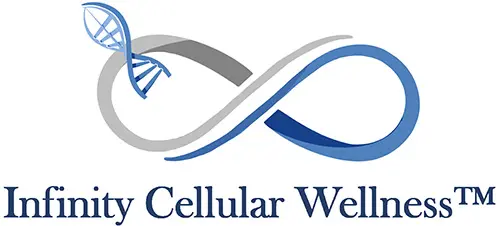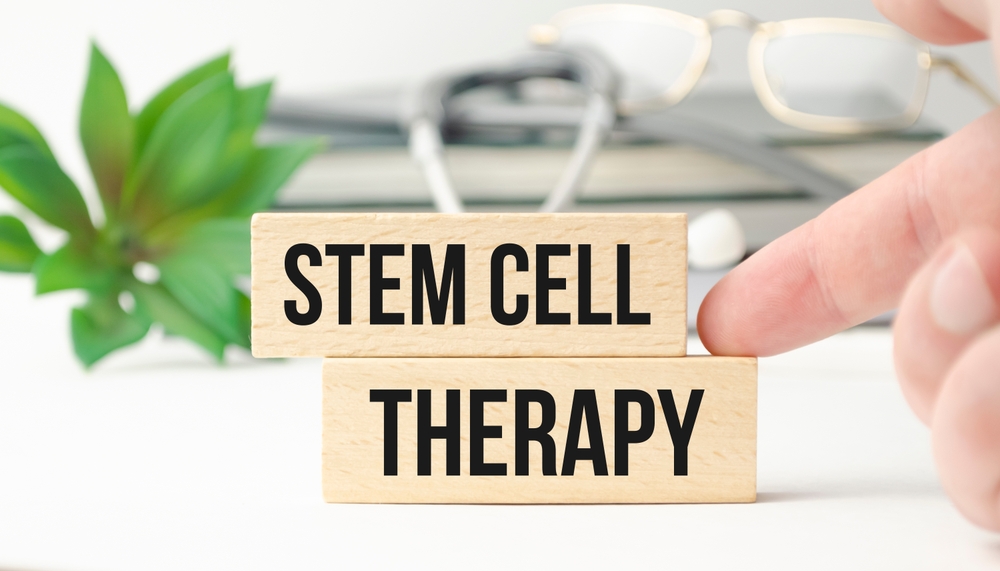Stem cell therapy is one of the most exciting advancements in modern medicine, offering the potential to treat a wide range of conditions. From repairing damaged tissues to reducing inflammation, stem cell therapy leverages the body’s natural repair mechanisms. But how does it all work? Today, we’re breaking it down, step by step.
What Are Stem Cells?
Stem cells are your body’s “building blocks.” Different from other cells in the body, stem cells possess the special capability to convert into various specialized cell types, such as muscle, bone, or nerve cells. They also have the remarkable capacity to self-renew, meaning they can divide and create new stem cells indefinitely.
There are multiple kinds of stem cells, including:
- Embryonic Stem Cells: Found in early-stage embryos, they can develop into almost any cellular type.
- Umbilical Derived Mesenchymal/Adult Stem Cells: Present in tissues such as umbilical cord, bone marrow or fat, these cells typically become the type of tissue they originated from (e.g., blood or bone cells).
- Induced Pluripotent Stem Cells (iPSCs): iPSCs are adult cells reprogrammed to act like embryonic stem cells, with the ability to develop into many cell types.
How Do Stem Cells Work?
Stem cells play a critical role in the body’s natural healing process. When tissues are damaged, stem cells migrate to the affected area, where they differentiate into the specific cell types needed for repair. They also release signaling molecules that stimulate other cells to aid in the healing process and reduce inflammation.
This ability to regenerate and repair is what makes stem cells so valuable in medicine. Researchers have harnessed these properties to develop treatments for a variety of conditions, including orthopedic injuries, neurodegenerative diseases, and even some autoimmune disorders.
How Does Stem Cell Therapy Work?
Stem cell therapy involves the deliberate use of stem cells to treat or manage medical conditions. The process typically follows these steps:
Harvesting Stem Cells
Stem cells can be harvested from a donor (umbilical cord from a live, healthy birth – allogeneic stem cells) or the patient’s body (autologous stem cells).
Common sources include umbilical cord, placenta, bone marrow or fat tissue.
Processing the Stem Cells
Once harvested, the stem cells are isolated and concentrated in a lab. This ensures a high-quality preparation for therapeutic use.
Administering the Therapy
The concentrated stem cells are then injected or infused into the affected area, such as a joint, muscle, or organ.
In some cases, the cells are delivered systemically through an intravenous (IV) infusion.
Regeneration and Repair
After administration, the stem cells get to work. They differentiate into the necessary cell types, release growth factors, and stimulate the body’s repair mechanisms to regenerate damaged tissues and reduce inflammation.
Applications of Stem Cell Therapy
Stem cell therapy has shown promise in treating a variety of conditions, such as:
- Orthopedic Injuries: Repairing cartilage, ligaments, and tendons.
- Cardiovascular Conditions: Promoting heart tissue regeneration after a heart attack.
- Neurological Disorders: Managing conditions including multiple sclerosis, Parkinson’s disease, and injuries to the spinal cord.
- Autoimmune Diseases: Reducing inflammation in diseases like rheumatoid arthritis.
What Are the Benefits of Stem Cell Therapy?
- Minimally Invasive: Many stem cell procedures involve injections rather than surgery.
- Natural Healing: The therapy uses the body’s own repair mechanisms.
- Versatility: Stem cells can treat a wide range of conditions.
- Reduced Recovery Time: Compared to traditional surgeries, stem cell therapy often has shorter recovery periods.
Stem Cell Therapy in Tijuana, Mexico
Stem cell therapy represents a groundbreaking approach to medicine, offering hope for patients with conditions that were once thought untreatable.
If you’re considering stem cell therapy using Umbilical Derived Mesenchymal, contact Infinity Cellular Wellness to discuss its benefits, risks, and suitability for your specific condition. Give us a call at 877-877-3339 or schedule a consultation online.
Sources:
https://my.clevelandclinic.org/health/body/24892-stem-cells
https://www.mayoclinic.org/tests-procedures/bone-marrow-transplant/in-depth/stem-cells/art-20048117

